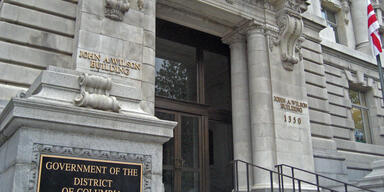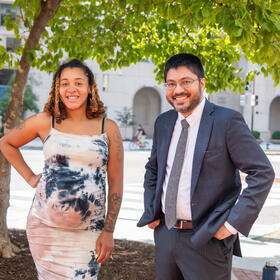
We’re here to help you
Initiatives that Impact Change
Latest Blogs
Anacostia Professional Building (the Big Chair): 2041 Martin Luther King Jr . Ave. SE Suite 201 | Mondays and Thursdays, 10:00am-2:30 pm
NW Office: 1331 H St. NW, Suite 350 | Tuesdays and Thursdays, 12:30pm-4:00pm
Mayor Bowser's proposed budget would slash funding for critical civil legal services by 67%. Help us call on the Council to restore funding and protect low-income residents' access to a lawyer.
Pictured: Former client Brenda Green
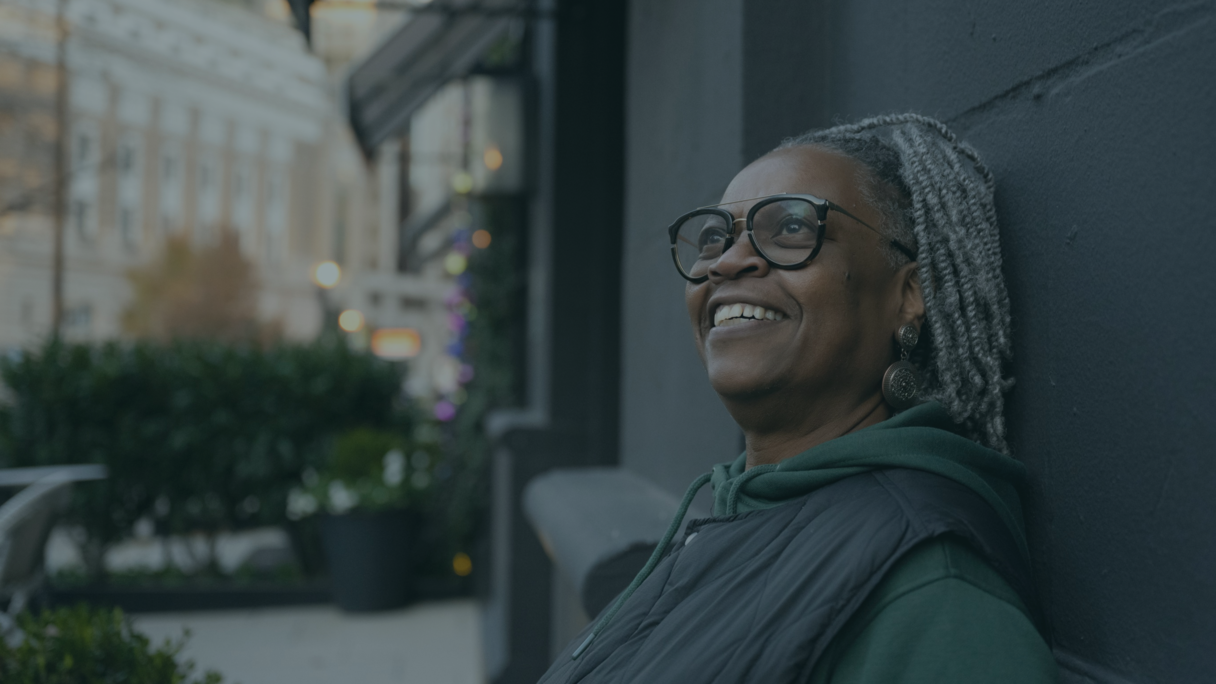
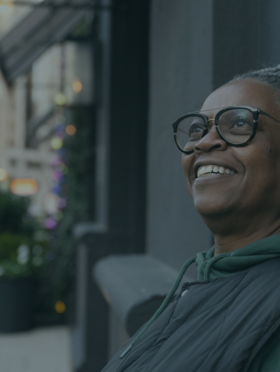
On April 9, we celebrated the 34th annual Servant of Justice Awards dinner and honored Judge David Tatel and Debo Adegbile
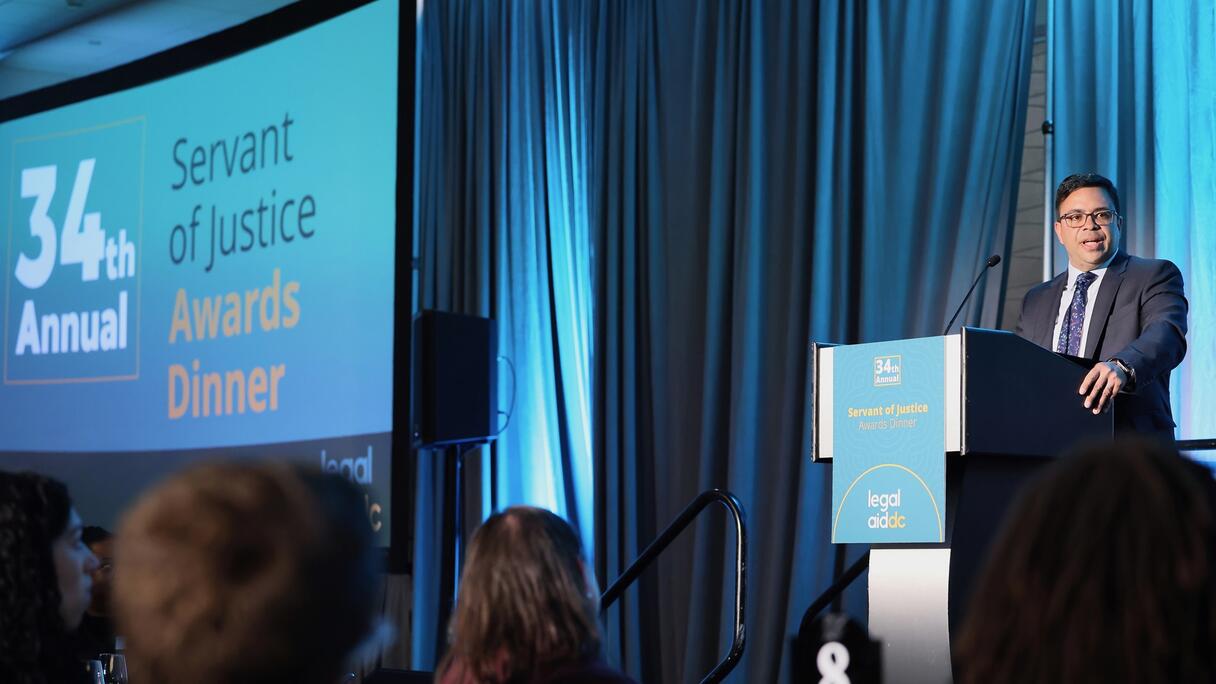
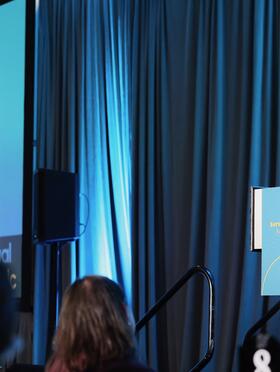
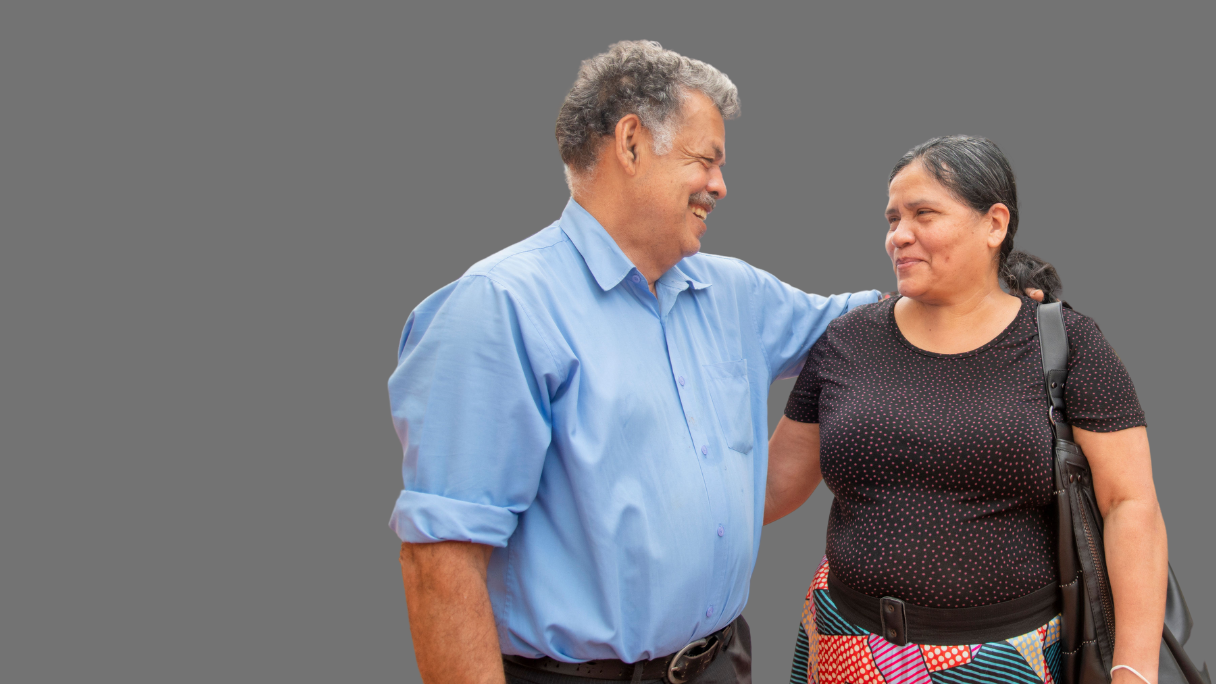

Coming Together for Our Neighbors
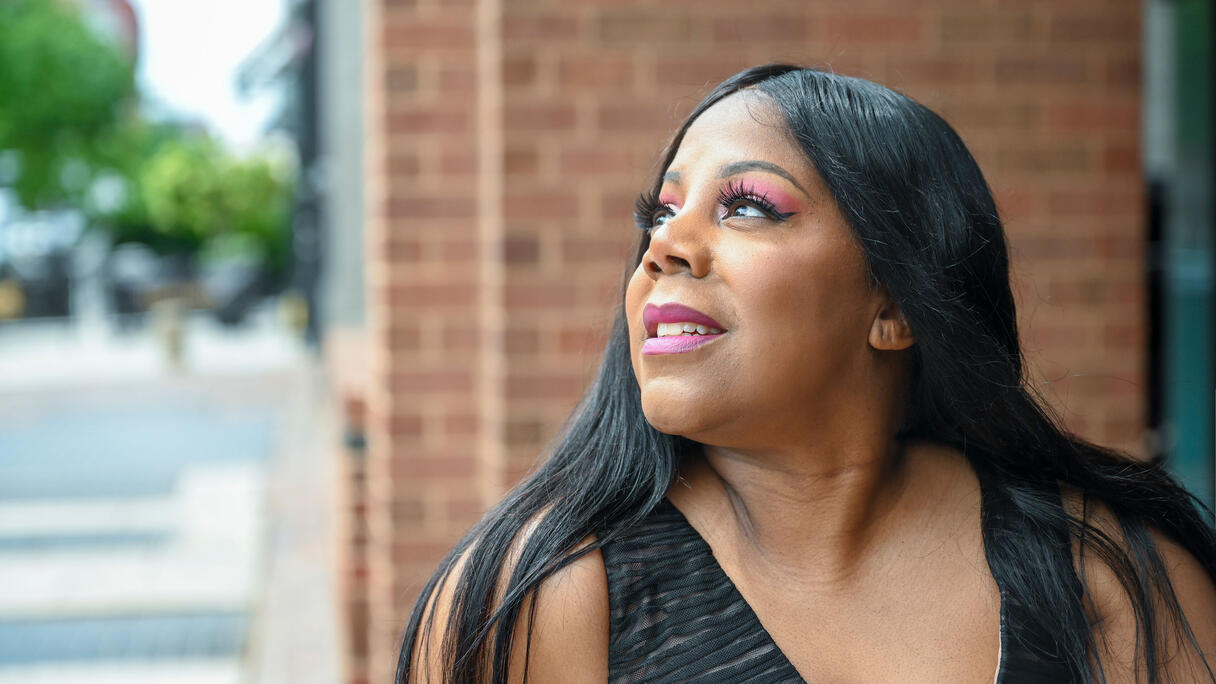
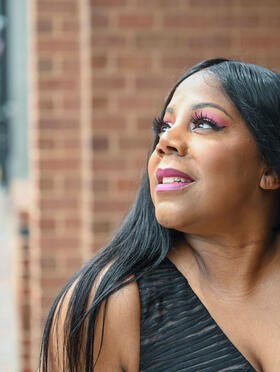



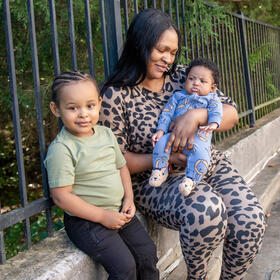
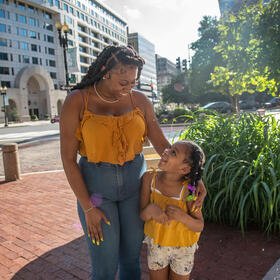
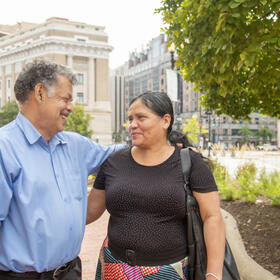
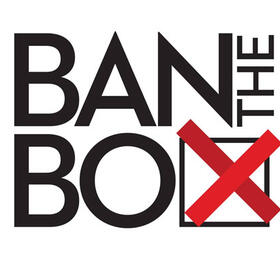
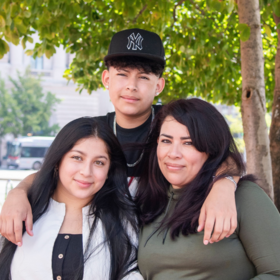
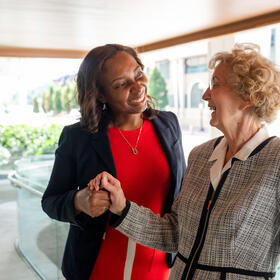
Providing free legal assistance for DC residents is just a click away. Join us in our mission.
Legal Aid DC is the District’s oldest and largest civil legal services organization. Since 1932, Legal Aid DC lawyers have helped make justice real in individual and systemic ways in the District.
After being known as the “Legal Aid Society of the District of Columbia” for 90 years, in 2022, we took out the "Society, and we are now "Legal Aid DC.”
Pictured: Former client Shanita Womack (c) with her Legal Aid DC attorneys.
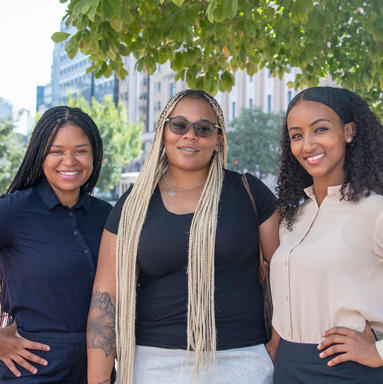
Sign up to hear from Legal Aid DC about opportunities to join our advocacy on legal issues that matter to our client community; upcoming community legal events such as intake clinics and Know Your Rights trainings; and more!
Pictured: Former Legal Aid DC client and advocate Magnolia Alvarez Velasquez (center) with her children.
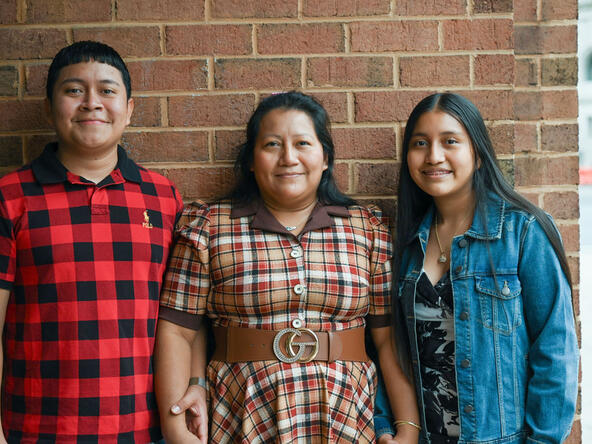
The 2023 Making Justice Real Campaign brought together the DC legal community and thousands of donors to raise nearly $3.5 million for Legal Aid DC's vital work.

By taking a case, pro bono attorneys can make an immediate and lasting impact on the lives of their clients.
Pictured: Former client Gloria Alston (c) with her pro bono attorneys
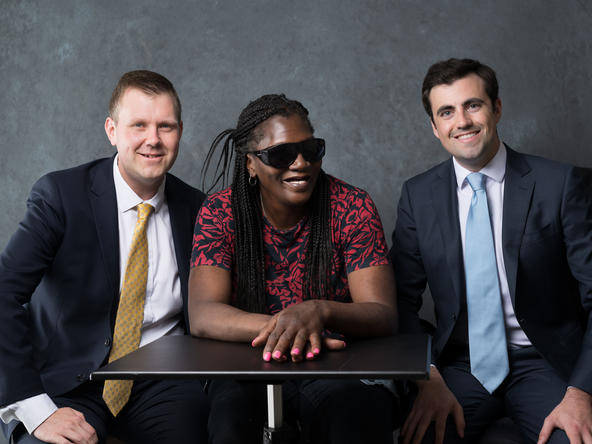
The 2024 Servant of Justice Awards Dinner will recognize honorees who have demonstrated faithful dedication and remarkable achievement in ensuring that all people have equal and meaningful access to justice.
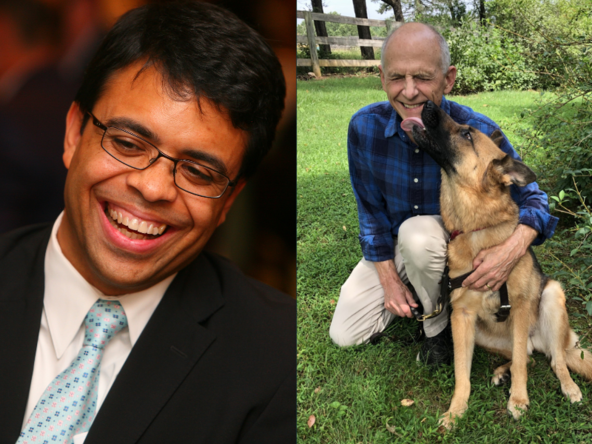
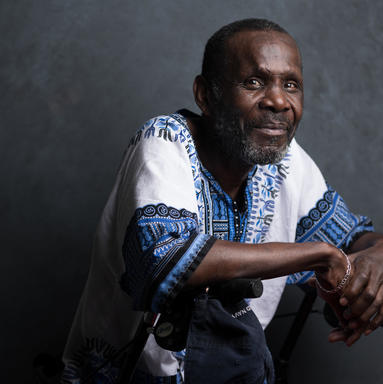
Keith King came home to an eviction notice on his door. Mr. King’s landlord sued him for nonpayment of rent but never notified him of the eviction lawsuit. With Legal Aid DC’s help, Mr. King got the eviction judgment vacated, finding that his subsidy provider had simply stopped making payments to the landlord. Legal Aid DC also helped Mr. King find a new apartment closer to friends and family, with a new subsidy provider.
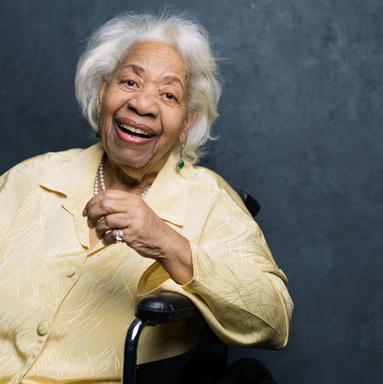
Leticia Flores receives Personal Care Aide in-home services for 16 hours a day, but her hours were reduced after an assessment despite no change in her condition. With Legal Aid DC’s help, Ms. Flores challenged the reduction, ultimately getting her hours restored.
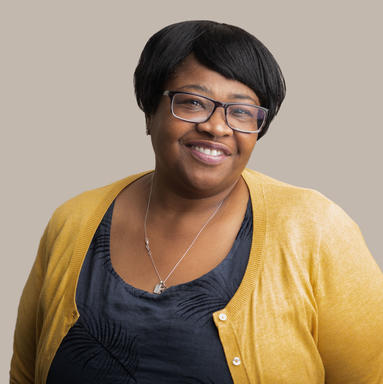
Alvonette Grimes fell behind on her mortgage after a debilitating car accident, but her mortgage company denied her application for a loan modification. With Legal Aid DC’s help, Ms. Grimes was able to get the modification and catch up on her mortgage payments.

